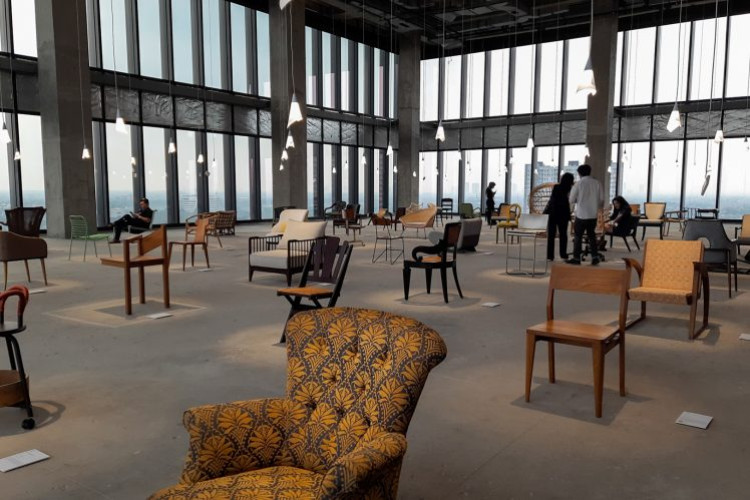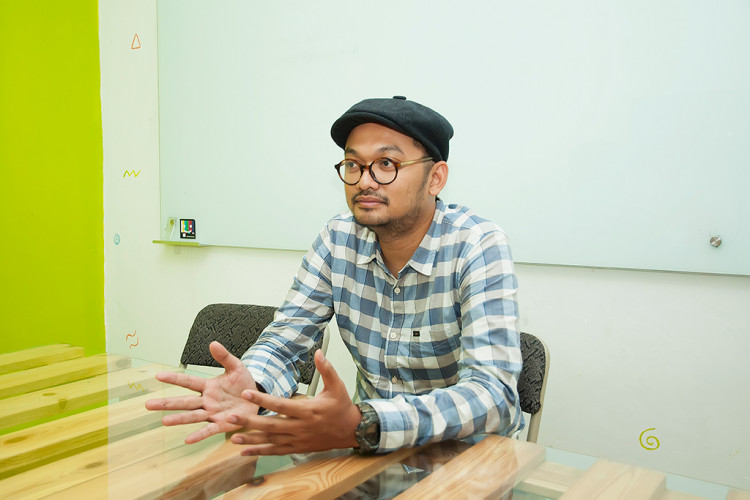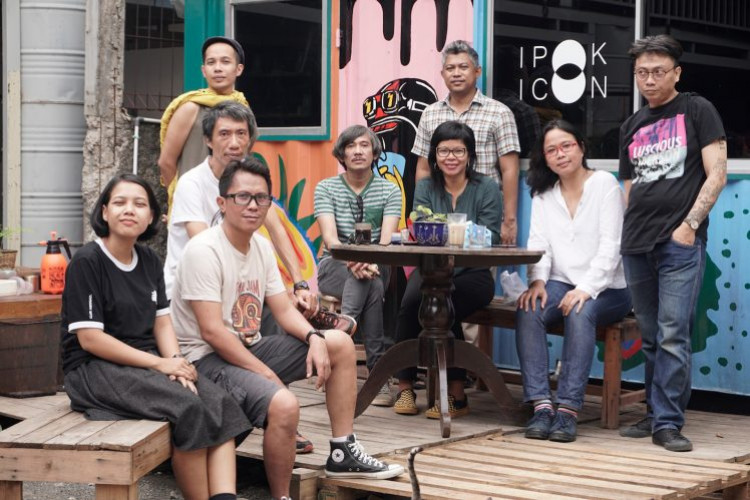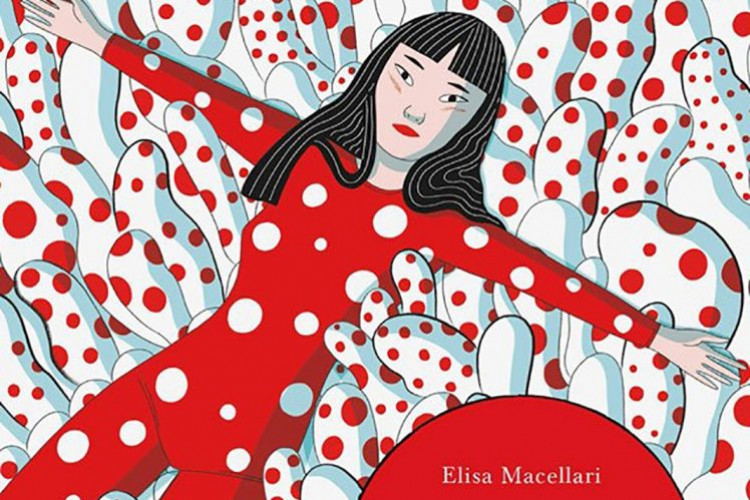Reading Malaysia with Bernice Chauly
Febrina Anindita (F) talks to Bernice Chauly (B).
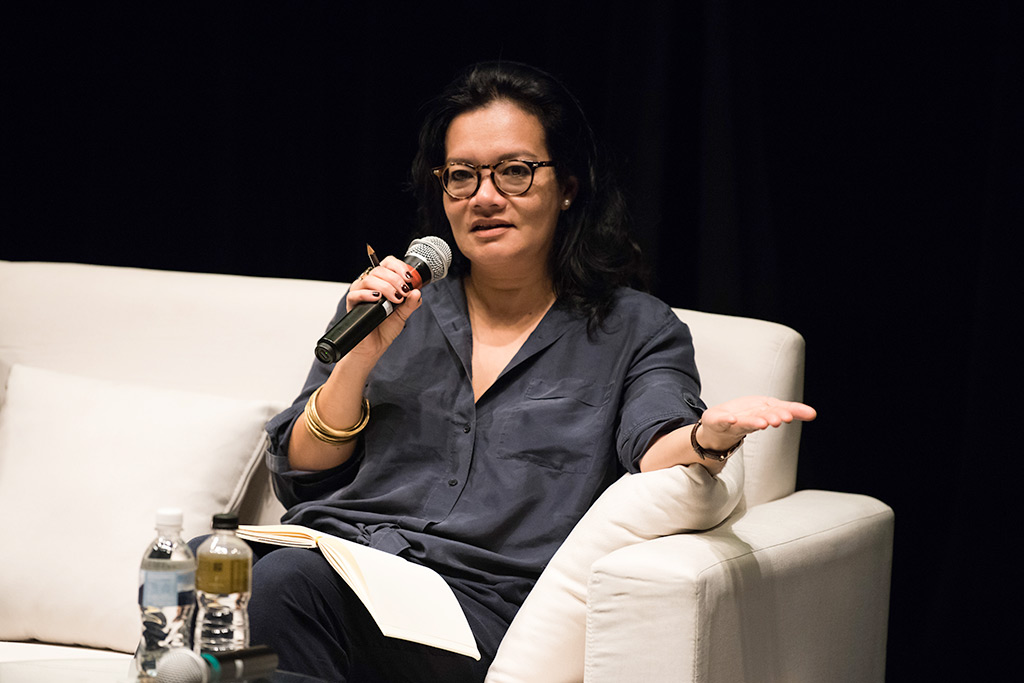
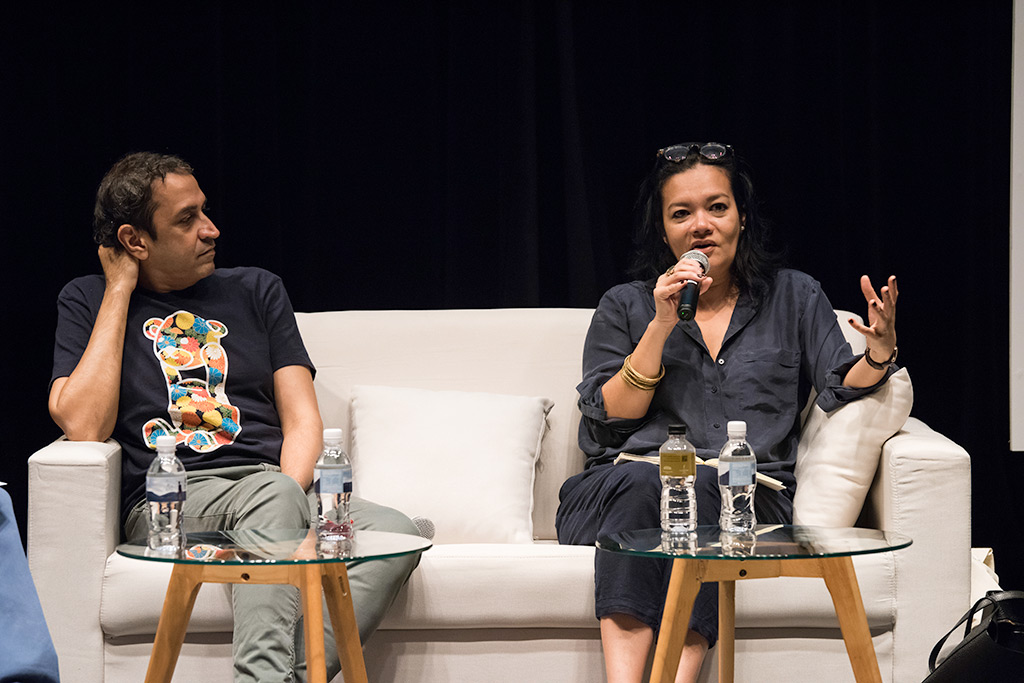
F
Some people say that in their darkest moments, one is able to write so eloquently that they wash away their pain. It was also said that your father’s death made you a writer. Do you always keep that in mind when you write?
B
I think having experienced that kind of pain gives me access to a reservoir of human emotion, it allows me to feel empathy and to create characters who are flawed and in pain.
F
What makes you think literature is the best platform to encapsulate thoughts and imagination or even confront grief?
B
I have worked in many mediums – photography in particular with regards to this kind of narrative – but I do think that I started thinking like a writer and this is what I am most comfortable working as now. I have always appreciated the power of the written word, it has saved me in more ways than one, and it’s a process that I have learnt much from.
F
As someone Malaysia-born with mixed ethnicity, you seem to have a love-hate relationship with Malaysia as it remains on the cusp of the era of transformation, which seems to have centered your work around human rights issues. To what extent does your personal memories/stories affect your writing?
B
Life and experience imbue everything. There are advantages to being someone who is of mixed race; I love this because I have access to so many different histories and narratives. There are many Malaysian stories that need to be told, and I see myself as someone who draws from the wealth of narratives that exist in Malaysia. I think this is the best time to be an artist/writer, a maker of art – and I want to tell very Malaysian stories, as a writer who is on the ground, who is living the reality of what can be a very challenging day-to-day experience.
We live in very difficult times and I feel very strongly that as writers we need to document, record, write of the human experience in all its forms. As a Malaysian, I am concerned about my country, I am obsessed about the necessity of creating new stories, of writing what is necessary, of writing about the vast landscape of humanity, in this patch of our earth.
F
Social change is the keyword for your book “Once We Were There” (OWWT), where issues like race, religion, politics and sex are told through the Malaysian Reformasi movement. Is this book, suffice to say, representative of your hope for an ideal or alternative world where all these issues are revealed to everyone?
B
I think I was writing truths in OWWT, something which is oftentimes frowned upon in Malaysia. I wanted to write about that very pivotal time of Malaysian history, something that I was a part of, something I fought for, something I believed in. I just wanted to portray all those elements in the novel.
F
You’ve been chosen as one of the panelists for some literary festivals, specifically speaking on the topic of ASEAN50. Understand that this regional bloc unites writers from each ASEAN country in their mission to bring the best out of their literature scenes, but after decades, have you seen any significant progress?
B
We are not reading each other, because of the diverse languages we share, there is not enough work in translation, although we have shared histories, shared trauma, but we perpetuate historical and social amnesia, and this is the result – failed nation states. ASEAN is one of the most volatile areas on the planet, but it’s an exciting time to be here, to write from here. It’s vital that we capture this time in literature and art, and many of us are trying to do that right now.
F
In the panel “ASEAN 50: Can We Get The World To Read Us?” you voiced your opinion and experience about how ASEAN writers are still not as visible as their other Asian counterparts. Understand there are tons of reasons, but would you consider the language barrier the main problem?
B
There is a wealth of poetry and prose that is being written right now, by us, for us – we just need to find ways in which to read each other.
F
Do you think a growing literary festival like Singapore Writers Festival can help address the issues SEA literature face by raising the profile of South-East Asian literature and making us more visible to the world?
B
Absolutely – the fact that audiences are young and hungry all show the need and viability of festivals such as these.
F
You’re also the director of George Town Literary Festival and last year there was an incident where Zunar was arrested because of his work. Does it mean there’s still a limitation to freedom of expression?
B
This is a reality in Malaysia and something that we have to reckon with. The GTLF remains committed to freedom of speech and freedom of expression and will continue to create provocative and necessary discussions now and in the future.
F
As a writer, what are your hopes for the literary scene in Malaysia and/or ASEAN?
B
That we continue to write stories for us, of us, by us.
F
Having been active in the Kuala Lumpur arts scene for almost two decades, you’ve contributed to the evolution and richness of the local arts and literary scene. What are your future plans?
B
To keep working and teaching for as long as I can.








